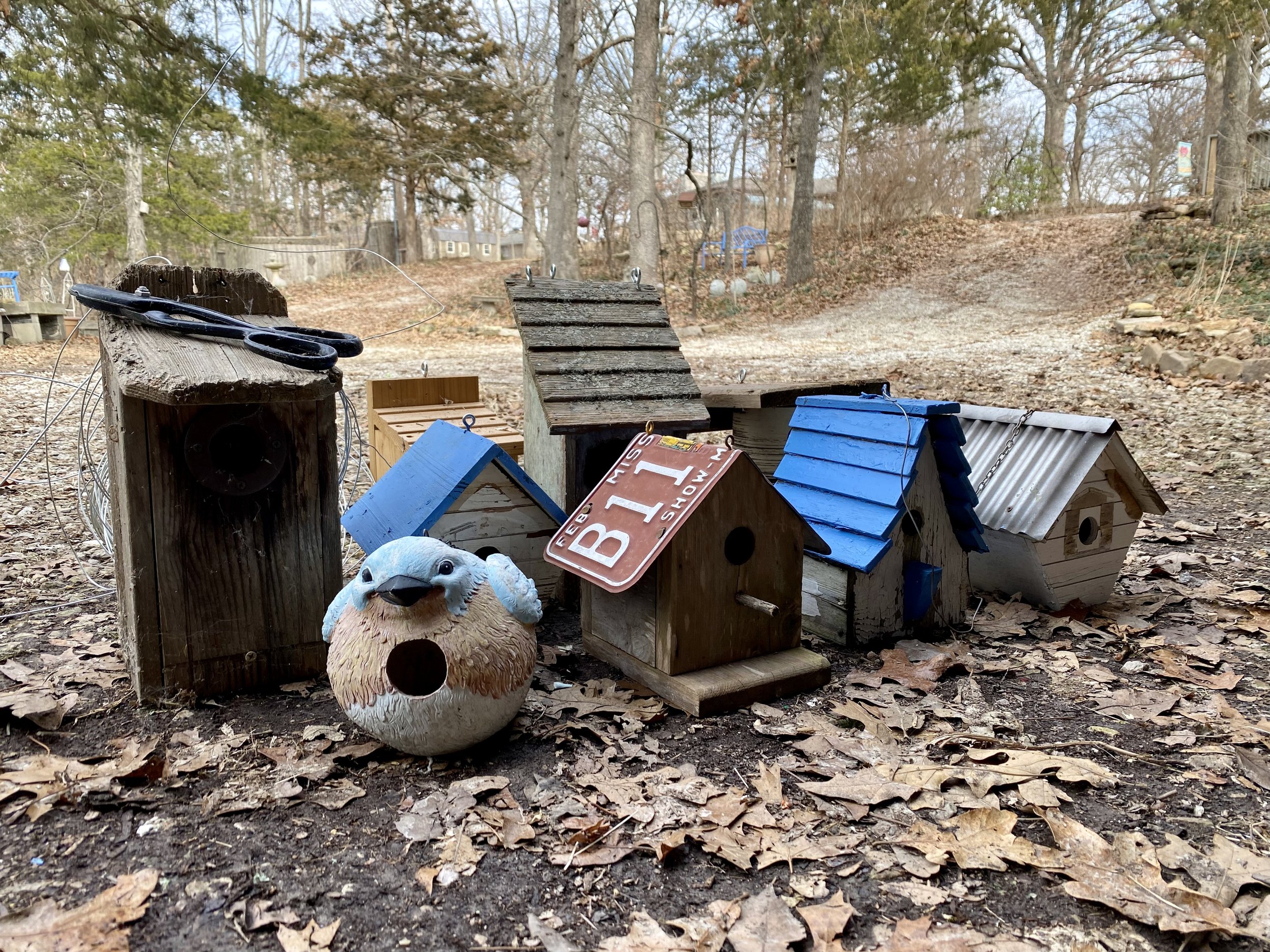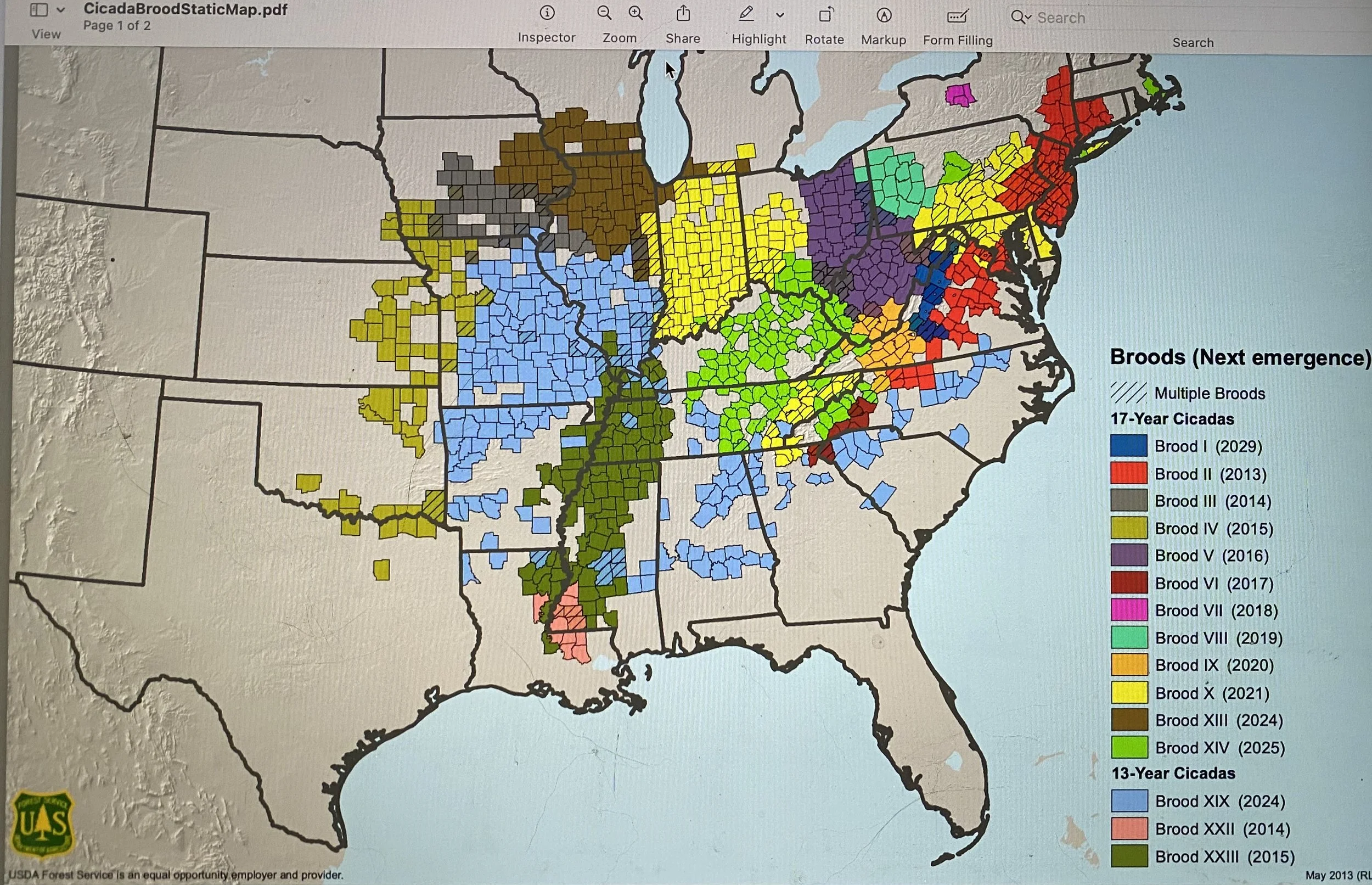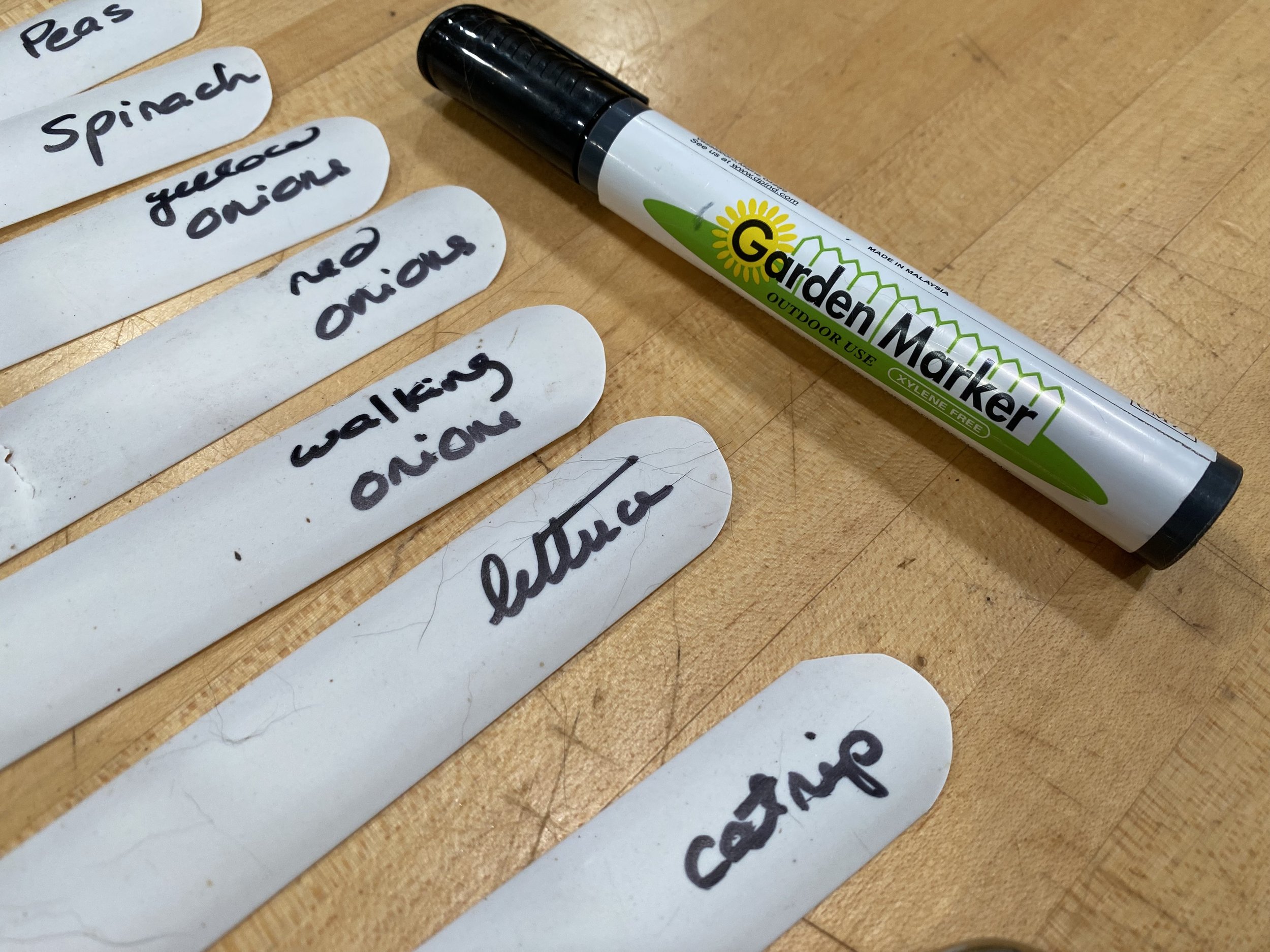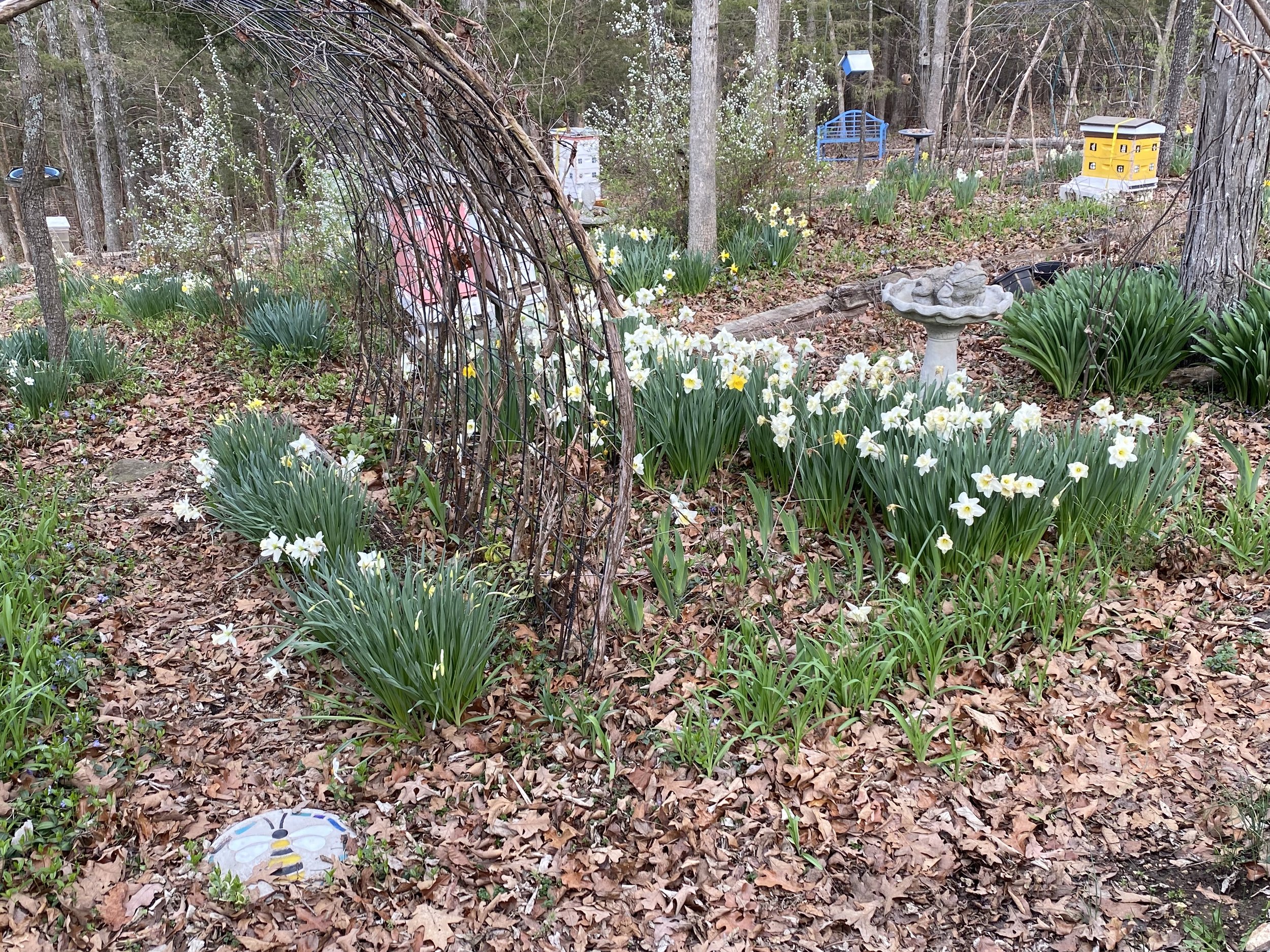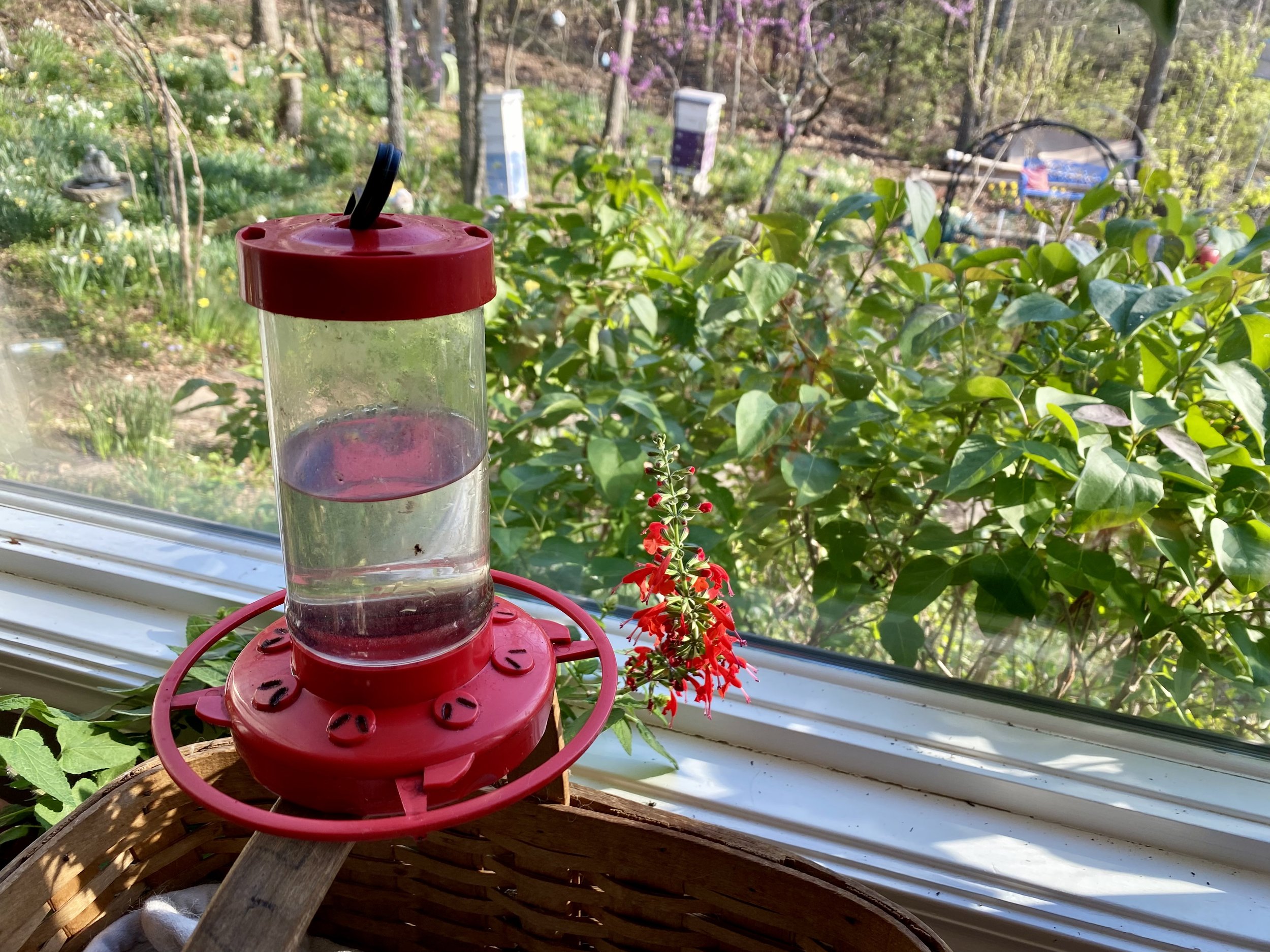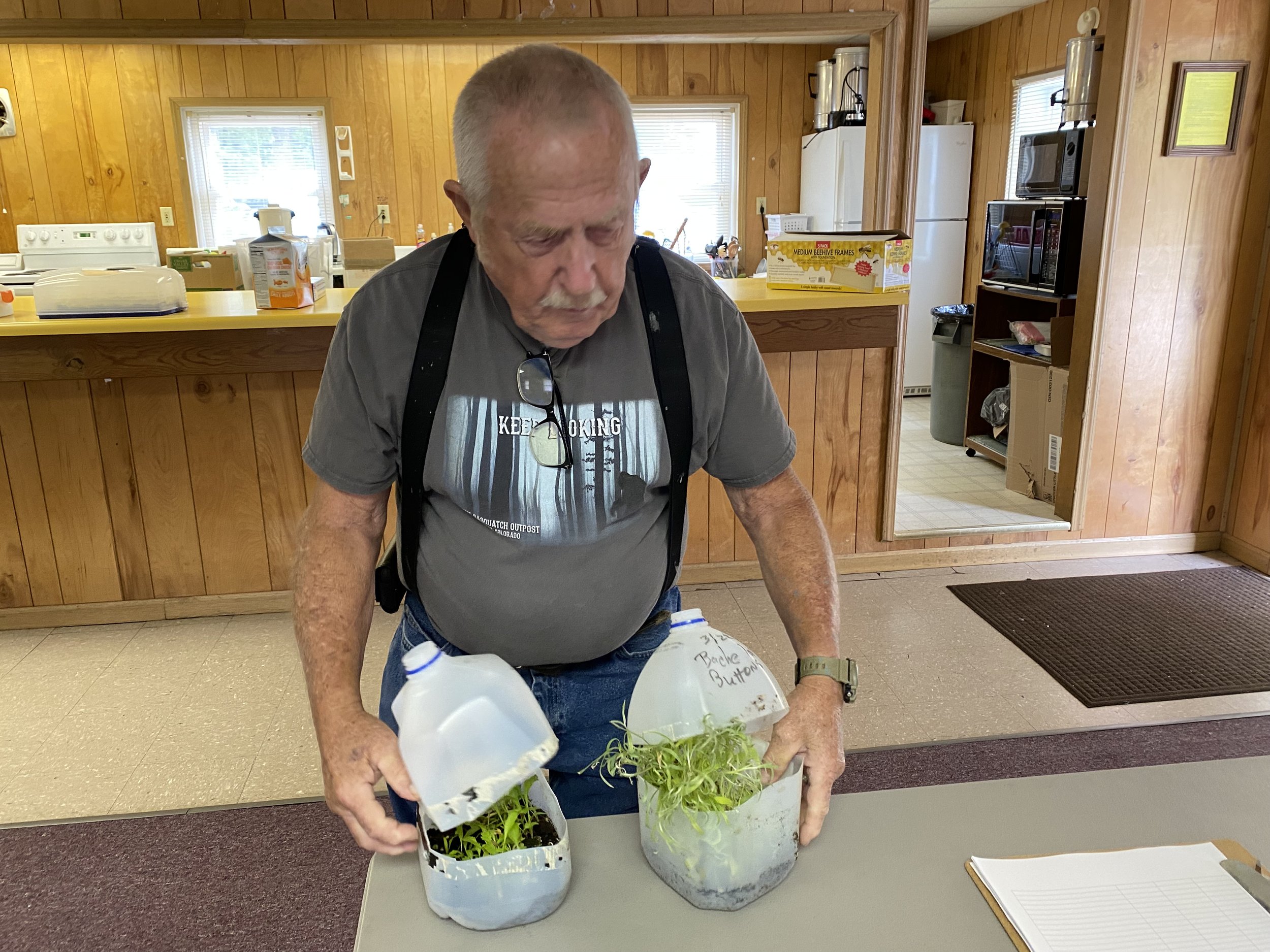Birds Natural Pest Control
/time to rehab bird houses and install them wrapping thick wire around trees. (charlotte ekker wiggins photo)
Birds Natural Pest Control
My 42-year old garden has welcomed birds literally for decades. Their garden presence has provided natural pest controls since 60% of all bird species depend on insects for food. Birds play a crucial role in natural pest control by contributing to a balanced ecosystem. Here are ten ways in which birds act as effective pest controllers in gardens:
Insect Predation: Many birds, such as sparrows, warblers, and chickadees, feed on insects like caterpillars, beetles, and aphids. They help keep insect populations in check, preventing them from damaging plants.
Seed-Eating Birds: Birds like finches and sparrows consume seeds, reducing the number of volunteer plants in your garden. This helps in maintaining a healthier and more organized garden environment.
Slug and Snail Control: Thrushes, robins, and ducks are known to consume slugs and snails. These pests can be detrimental to plants.
Caterpillar Control: Insectivorous birds, especially during the breeding season, actively seek out caterpillars to feed their nestlings. This helps prevent caterpillar damage to plants and supports bird populations simultaneously.
Mosquito and Fly Predation: Birds like swallows and purple martins are skilled aerial hunters, preying on mosquitoes, flies, and other flying insects.
Spider Consumption: Insectivorous birds also feed on spiders, which can be beneficial for managing spider populations in and around your garden.
Ant Control: Birds such as nuthatches and woodpeckers feed on ants and their larvae. This can help control ant populations, preventing them from damaging plants and disrupting garden ecosystems.
Fruit Pest Management: Birds like orioles and mockingbirds feed on fruit pests, including fruit flies and beetles. By doing so, they protect fruit crops from infestations.
Ground-Foraging Birds: Birds that forage on the ground, such as towhees and sparrows, help control pests like ground-dwelling insects and weed seeds, contributing to a healthier garden floor.
Nesting Site Selection: Some birds, like bluebirds and wrens, choose nesting sites strategically near gardens. As they forage for food to feed their young, they assist in pest control within the garden environment.
By encouraging a diverse bird population and providing suitable habitats, you can enhance the natural pest control services that birds offer to your garden.
Installing bird houses, bird feeders and bird baths establish a bird-friendly environment that support these helpful garden allies.
For more gardening, beekeeping, cooking and easy home decor tips, subscribe to Garden Notes.
Charlotte

